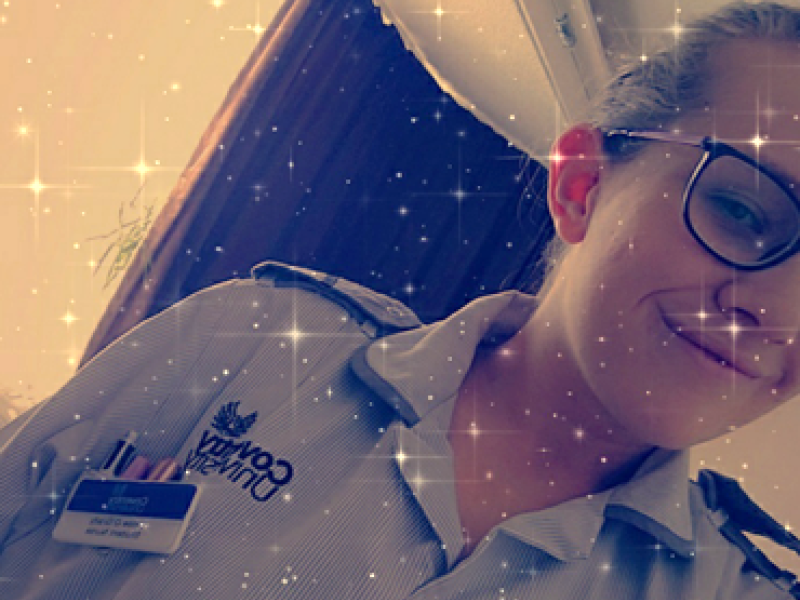Jane Frances
19 November 2019
Jane Frances
Jane Frances is a psychotherapist and was for many years Schools Specialist and Policy Advisor in Education at Changing Faces, UK. She is an expert in the psychology of visible difference.
She tells us of how findings from psychological research can help parents and teachers of children with Neurofibromatosis to better support them.
“I have worked with a lot of children with many conditions including NF, and I’ve found that the responses by other people to visible difference is pretty standard across conditions. The advice I give is based on research. ‘Common sense’, however well-intentioned, can lead to counterproductive interventions.
For example, if a child is staring at a child with a visible difference, the ‘natural’ reaction of the teacher is to say, ‘you mustn’t stare’. The result is that children learn to turn away, and the child with the difference feels even more isolated.
A better response is for the teacher to tell the staring child, ‘if you find yourself staring, smile and say ‘Hello, my name is Jane. What’s your name?’’
It is even more important that parents or the teacher coach the child who has NF to handle other children’s curiosity. The best strategy is for the child with NF to have something to say, like: ‘Don’t mind my lumps and bumps. I’ve got NF. Have you got something interesting about you?’ It is always good to round off with a question and engage – curiosity is the beginning of a relationship.
If the child is shy and nervous, the teacher might need to say, ‘Oh you’ve noticed Timothy’s unusual face. Well that’s the way Timothy’s face is, and did you know Timothy has a pet cat?’
We know from countless studies that it is harder for a child who looks unusual to make and keep friends. This is caused not by an aversion to the unusual face, but by an aversion to the stigma. The key, therefore, is to reduce or eliminate the stigma. The conversational strategies above will help. A curious stare is a door to a conversation and possible relationship.
Teachers’ expectations are also key: they need to hold in their heart really positive hopes for this child’s future. Many studies confirm the ‘Pygmalion Effect’: that lower expectations lead to lower results. Teachers aren’t doing children a favour by going easy on them. The child needs tough, high expectations.
These are just a few tips. You can get more information and resources for tackling issues of face equality and the impact of appearance at changingfaces.org.uk.”
– Jane Frances"The best strategy is for the child with NF to have something to say, like: ‘Don’t mind my lumps and bumps. I’ve got NF. Have you got something interesting about you? "
Filter News

Statement by Rachel Jones & Rebecca Rennison our Specialist Neurofibromatosis Nurses UK
A statement on coronavirus by Rachel Jones & Rebecca Rennison specialist Neurofibromatosis nurses in the North East & Cumbria
Read More
Statement by Samantha Gaden our Specialist Neurofibromatosis Nurse UK
A statement on coronavirus by Samantha Gaden specialist Neurofibromatosis nurse in the North West
Read More
Statement by Melanie Murrell our Specialist Neurofibromatosis Nurse UK
A statement on coronavirus by Melanie Murrell specialist Neurofibromatosis nurse in the West Midlands
Read More
Statement by Carolyn Smyth Lead Specialist Neurofibromatosis Nurse UK
A Statement on Coronavirus by Carolyn Smyth Lead Specialist Neurofibromatosis Nurse UK
Read More
COVID - 19 News from Children’s Tumour Foundation our partners in the US
Covid - 19 News from Children's Tumour Foundation our partners in the US
Read More
Working For The NF Community and Helping to Protect and Save The NHS
Coronavirus is impacting the NHS heavily including our Specialist NF Nurses; help us support them, find out how
Read More
Leighton Linslade Rotary Club hosts Brains of Leighton Buzzard Quiz
Leighton Linslade Rotary Club hosts Quiz in aid of Neurofibromatosis type 2, find out more here
Read More
Postponed: Medicine and Me: Living with Nerve Tumours at the Royal Society of Medicine
Postponed: Find out more about the event at the Medicine & Me event at the Royal Society of Medicine here:
Read More


